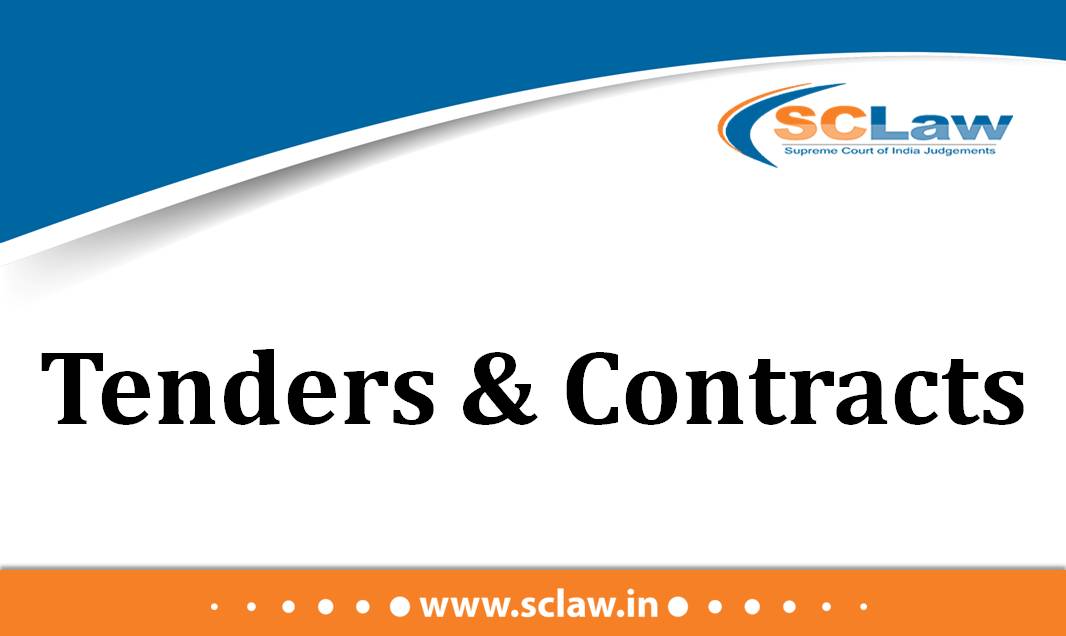Juvenile Justice (Care and Protection of Children) Act, 2015 – Section 9 (2) – a casual or cavalier approach should not be taken in determining the age of the accused or convict on his plea of juvenility, but a decision against determination of juvenility ought not to be taken solely for the reason that offence involved is heinous or grave HELD Going by that certificate, his age at the time of commission of offence was 12 years and 6 months. Thus, he was a child/juvenile on the date of commission of offence for which he has been convicted
SUPREME COURT OF INDIA FULL BENCH NARAYAN CHETANRAM CHAUDHARY @APPLELLANT Vs. THE STATE OF MAHARASHTRA — Respondent ( Before : K.M. Joseph, Aniruddha Bose and Hrishikesh Roy, JJ. ) Criminal…









